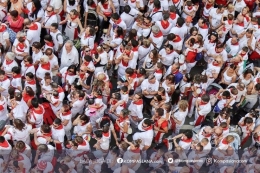V. Dialectical Resolution --- The Justice of Imperfection
Synthesis: Life's distribution is not unjust; it is incomplete by design.
Human arrogance arises from refusing to accept this incompleteness.
To celebrate the paradox is to reconcile with existence itself.
VI. Conclusion --- The Elegy of the Incomplete
Reaffirmation: life is fair because it denies perfection to all.
A call to humility and wonder --- to find dignity not in possession, but in acceptance.
Closing paradox: "The world humiliates the poor and the needy, yet all are poor and needy before the universe."
I. The Myth of Wholeness
Every civilization begins with a single delusion: the belief that wholeness can be achieved. From the first hunter who envied the chieftain's power to the modern influencer obsessed with digital validation, humanity has been haunted by a single itch --- to have it all. Beauty, wealth, intelligence, strength, love, and wisdom --- we desire each as if life owes us a full deck. Yet life, in its silent wisdom, plays with a crooked hand.
There exists, though unnamed in most philosophies, a quiet law --- the Principle of Allocation. It decrees that no being shall possess all gifts at once. The strong will lack subtlety, the wise will lack youth, the beautiful will lack serenity. Life, in this way, maintains balance through imbalance. It gives, then withholds, not out of cruelty but to prevent stagnation.







